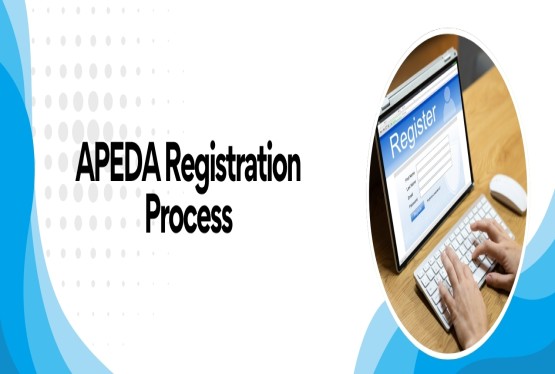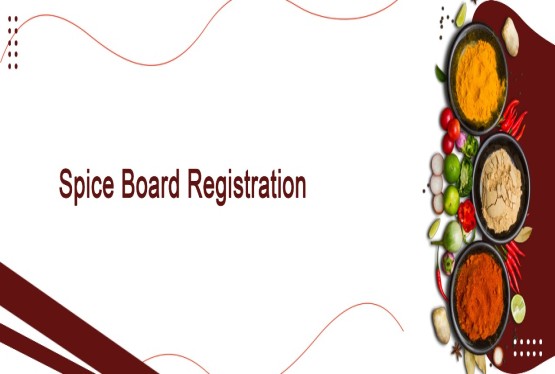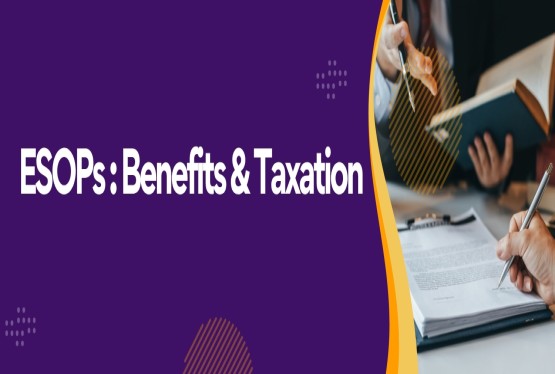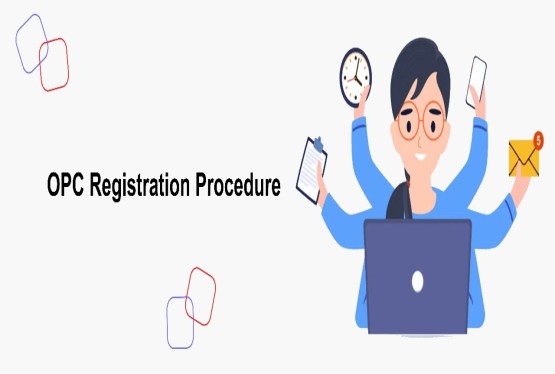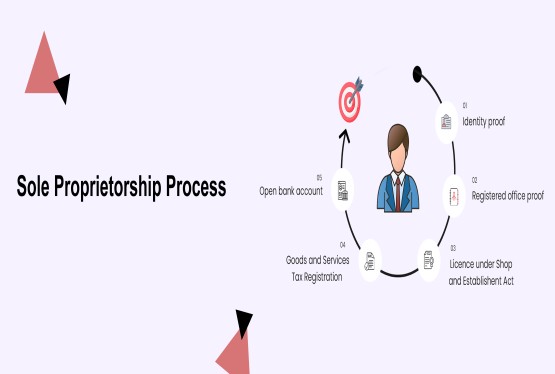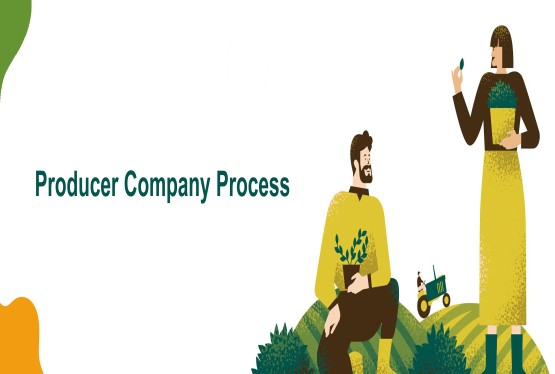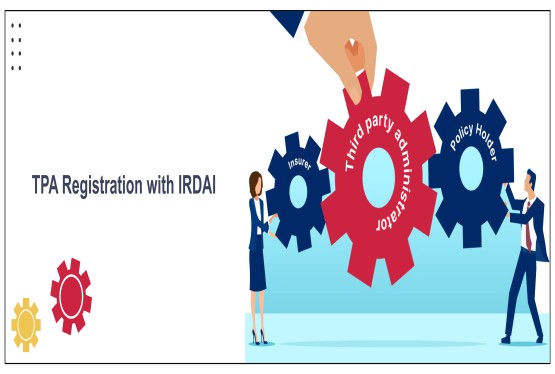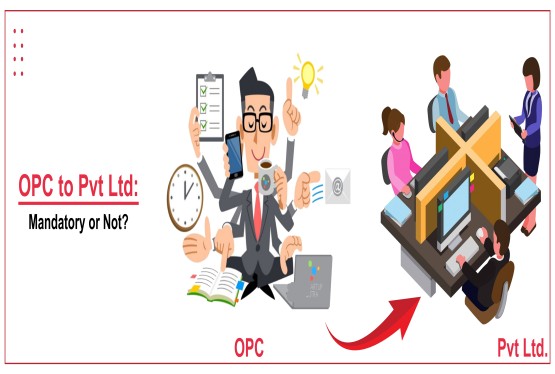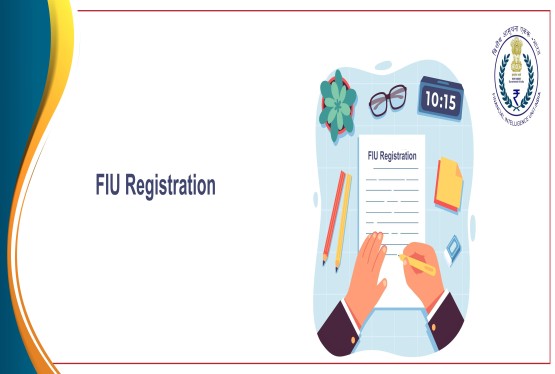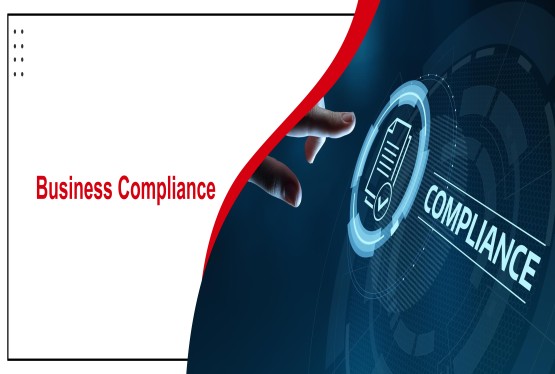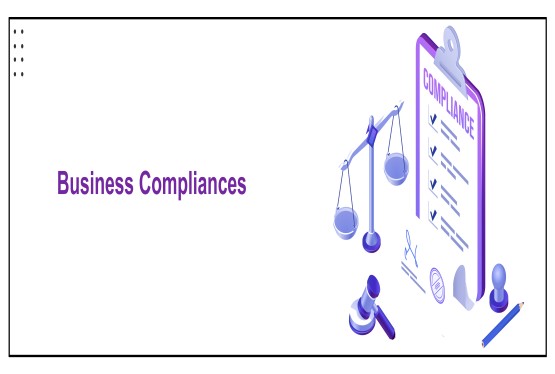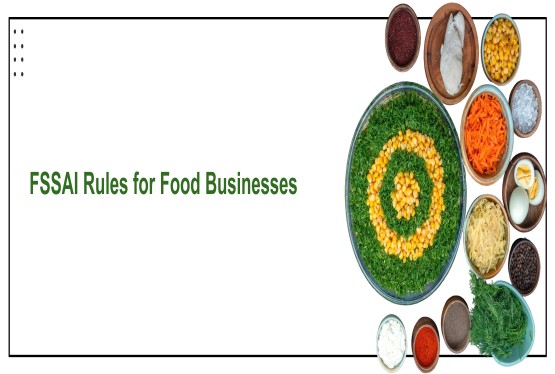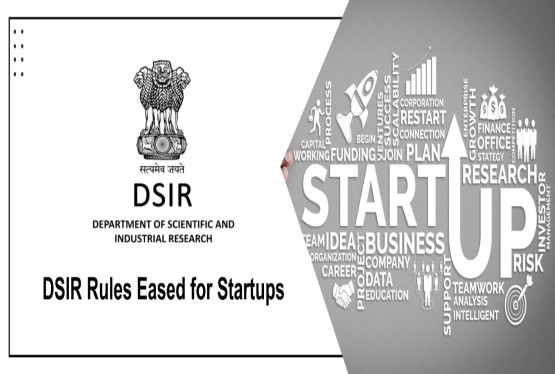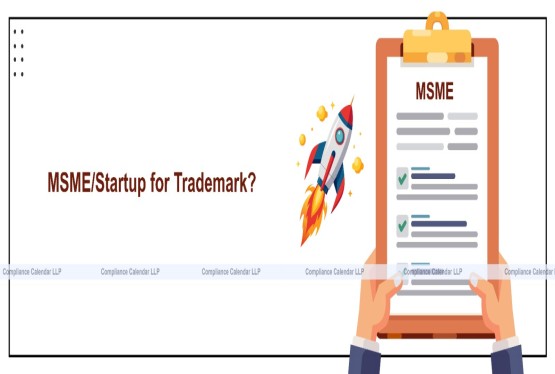The Food Safety and Standards Authority of India (FSSAI) is a statutory organization formed under the Food Safety and Standards Act, 2006. It officially came into existence on 5th September 2008 and operates under the Ministry of Health and Family Welfare, Government of India. The authority’s main office is situated in New Delhi, with six regional offices across the country in Delhi, Guwahati, Mumbai, Kolkata, Cochin, and Chennai.
What is FSSAI?
The Food Safety and Standards Authority of India (FSSAI) is an autonomous statutory body established by the Government of India under the Food Safety and Standards Act, 2006. It operates under the Ministry of Health and Family Welfare and plays a key role in regulating and supervising food safety across the country. Officially set up in 2008 and fully functional by 2011, FSSAI is tasked with setting science-based standards for food products and overseeing their manufacture, processing, storage, distribution, sale, and import to ensure consumer health and safety. Headquartered in New Delhi, the authority also has six regional offices located in Delhi, Guwahati, Mumbai, Kolkata, Cochin, and Chennai. Before the formation of FSSAI, food-related regulations were scattered across various ministries, but the FSS Act of 2006 brought them under one unified framework.
Composition of FSSAI
The Food Safety and Standards Authority of India (FSSAI) is made up of different people and experts who help run it smoothly and make sure food is safe for everyone.
At the top, there is a chairperson, who is chosen by the Central Government.
Along with the Chairperson, there are 22 members, and one-third of them must be women.
FSSAI also has a team of scientists and researchers who test the quality of food. To make better decisions, FSSAI forms special committees and groups of experts from different fields like health, science, food, and nutrition. These experts help create rules and give advice to keep our food safe and healthy.
Functions of FSSAI (Food Safety and Standards Authority of India)
The Food Safety and Standards Authority of India (FSSAI) plays a vital role in ensuring that the food available in the country is safe, hygienic, and fit for consumption. To achieve this, FSSAI performs a variety of important functions as outlined below:
Formulating Rules, Standards, and Guidelines
FSSAI is responsible for creating rules, regulations, and safety standards that all food-related businesses must follow. These guidelines are designed keeping in mind food hygiene, safety, and public health. All food manufacturers, processors, distributors, and sellers must comply with these standards to ensure their products are safe for consumption.
Licensing and Registration
Before starting any food business, whether it’s manufacturing, selling, packaging, or distribution, the business owner must obtain a license or registration from FSSAI. This ensures that only approved and monitored businesses are allowed to operate in the food sector.
Food Quality Testing
FSSAI ensures that food products being produced and sold in the market meet the required quality and safety standards. It conducts regular testing and analysis of food samples through its authorized laboratories to check for contamination, adulteration, or poor quality.
Conducting Inspections and Audits
To maintain control over food safety, FSSAI carries out regular inspections and audits of food production and processing units. These checks ensure that food businesses are consistently following the hygiene and safety standards laid down by the authority.
Spreading Awareness About Food Safety
One of FSSAI’s key responsibilities is to educate and inform the public about the importance of consuming safe, clean, and healthy food. It conducts campaigns, publishes materials, and engages with the public to raise awareness about food safety and hygiene.
Record Keeping and Data Management
FSSAI maintains a complete database of all licensed and registered food businesses. It keeps track of inspections, audits, and any violations. If any business is found violating food safety regulations, FSSAI has the authority to suspend or cancel its license.
Advising and Assisting the Government
FSSAI also plays an advisory role by keeping the Government informed about any food safety risks or threats. It provides scientific input and suggestions for drafting policies, laws, and regulations related to food safety and standards.
Types of FSSAI Licenses in India
FSSAI offers different types of licenses depending on the size, nature, and annual turnover of the food business. These licenses ensure that businesses operate under proper safety and hygiene standards. The three main categories are:
Basic FSSAI Registration
This Basic FSSAI Registration is designed for small food businesses with an annual turnover of up to Rs.12 lakhs. It is suitable for petty food vendors, small retailers, home-based kitchens, or small-scale manufacturers. The registration process is simple and requires the submission of Form-A. The validity ranges from 1 to 5 years, and it is issued by the local authority.
FSSAI State License
The FSSAI State License is required for medium-sized businesses with an annual turnover between Rs.12 lakhs and Rs.20 crores. It applies to units like medium-scale manufacturers, storage units, transporters, and distributors operating within a single state. The application is made using Form-B, and the license is issued by the respective State Government. It ensures compliance with state-level food safety regulations.
FSSAI Central License
The FSSAI Central License is mandatory for large-scale food businesses with an annual turnover exceeding Rs.20 crores. It also applies to businesses involved in import/export, e-commerce food platforms, or those operating in multiple states. The application is submitted through Form-B, and the license is issued by the Central Licensing Authority. It ensures strict adherence to national food safety standards.
Kinds of businesses in each License
Basic FSSAI registration
This type of registration is ideal for small-scale food businesses such as home-based bakers, small food vendors, local transporters, and minor food manufacturers, whose annual turnover does not exceed Rs.12 lakhs.The registration is issued for a period ranging from 1 to 5 years, based on the applicant’s preference.
Kinds businesses which come under Basic Registration
Petty Food Business Operators
These are small-scale individuals or vendors who prepare or sell food items on their own,often operating through temporary setups or mobile units. This category includes small retailers, street food vendors, hawkers, and stall owners, such as:
-
Local food stalls selling items like Gol Gappa’s, samosas, bread pakoras, or tea and snacks
-
Juice and sweets shops, fruit/vegetable sellers, and small retail outlets
-
Mobile vendors (hawkers) who sell either freshly prepared or packaged food while moving from place to place, usually on foot or using pushcarts
-
Temporary or fixed food stalls offering quick-serve items like Chinese food, South Indian dishes, tea, or coffee, often set up in markets or public areas
These businesses are typically involved in the preparation, storage, distribution, and sale of ready-to-eat items in limited quantities and are eligible for FSSAI Basic Registration.
Dairy Units Including Milk Chilling Units
Dairy businesses that are involved in the handling, processing, manufacturing, packaging, storage, transportation, or distribution of milk and milk-based products fall under this category. If the unit processes up to 500 liters of milk per day or handles up to 2.5 metric tonnes (MT) of milk solids annually, it qualifies for Basic FSSAI Registration.
The registration fee for such units is Rs.100.
Vegetable Oil Processing Units – Basic Registration Criteria
Vegetable oil processing units that extract and refine oils from vegetables using methods such as solvent extraction or expeller processing come under this category. This includes small-scale oil expeller units engaged in producing edible oils. If the annual turnover of the unit does not exceed Rs.12 lakhs, it falls under the eligibility for Basic FSSAI Registration.
The registration fee for such units is Rs.100.
Slaughtering Houses – Basic Registration Criteria
Slaughtering houses engaged in activities such as transporting, stunning, butchering, dressing, processing, storage, and distribution of live animals or poultry birds fall under this category. Units handling up to 2 large animals, 10 small animals, or 50 poultry birds per day are eligible for Basic FSSAI Registration, provided they operate on a small scale.
The registration fee for such slaughter units is Rs.100.
General Food Manufacturing/Processing Units – Basic Registration Criteria
All small-scale food manufacturing or processing units, other than those involved in dairy, vegetable oil, meat processing, or slaughtering, fall under this category. Businesses with an annual turnover of up to Rs.12 lakhs or a production capacity not exceeding 100 kilograms or liters per day are eligible for Basic FSSAI Registration.
The registration fee applicable for such units is Rs.100.
Cold/Refrigerated Storage Units – Basic Registration Criteria
Cold or refrigerated storage facilities that are used to store frozen or chilled food products, whether packed or unpacked, for the purpose of further distribution, fall under this category. If such storage units operate on a small scale with an annual turnover not exceeding Rs.12 lakhs, they qualify for Basic FSSAI Registration.
The applicable registration fee for these units is Rs.100. And many more.
FSSAI State License
Food businesses that operate on a medium scale, with an annual turnover of more than Rs.12 lakhs but not exceeding Rs.20 crores, are required to obtain an FSSAI State License. This license is issued by the respective State Government and is applicable to entities such as food manufacturers, processors, storage units, transporters, and distributors operating within a single state. It ensures that the business complies with all state-level food safety standards and guidelines.
Kinds of businesses which comes under State license
Dairy Units Including Milk Chilling Units – State License Criteria
Dairy businesses involved in the handling, processing, manufacturing, packaging, storage, transportation, and distribution of milk and milk-based products fall under this category. Units that process between 10,001 to 50,000 liters of milk per day or handle 501 to 2,500 metric tonnes (MT) of milk solids annually are required to obtain an FSSAI State License.
The license fee for such units is Rs.5,000.
Dairy Units Including Milk Chilling Units – State License (Mid-Level Capacity)
Dairy units engaged in the processing, storage, packaging, and distribution of milk and milk products, and handling 501 to 10,000 liters of milk per day or 2.5 to 500 metric tonnes (MT) of milk solids annually, are required to obtain an FSSAI State License. This license applies to mid-sized dairy operations that fall within the specified capacity range.
The applicable license fee for such units is Rs.3,000.
Vegetable Oil Processing Units – State License Criteria
Vegetable oil processing units involved in the extraction and refining of oils from vegetables through methods such as solvent extraction or expeller processing, including small oil expeller units, fall under this category.
-
Units that process between 1 to 2 metric tonnes (MT) of vegetable oil per day are required to obtain an FSSAI State License, with a license fee of Rs.5,000.
-
Units processing less than 1 metric tonne of oil per day also require a State License, but the applicable fee is Rs.3,000.
These regulations ensure that medium-scale oil processing units comply with proper safety and hygiene standards as laid down by FSSAI.
Slaughtering Houses – State License Criteria
Slaughterhouses involved in the transportation, stunning, butchering, dressing, processing, storage, and distribution of live animals or poultry must obtain a State License if they operate at a medium scale. This includes units handling:
-
3 to 50 large animals,
-
11 to 150 small animals, or
-
more than 50 poultry birds per day.
Such units fall under the scope of the FSSAI State License, and the applicable license fee is Rs.2,000. This license ensures that medium-scale slaughter operations meet required food safety and hygiene standards.
General Food Manufacturing/Processing Units – State License Criteria
Food manufacturing and processing units excluding dairy units, vegetable oil processors, meat processing units, and slaughterhouses are required to obtain an FSSAI State License if they operate on a medium scale. This includes businesses involved in the production, handling, packaging, and distribution of general food items.
-
Units with a production capacity between 101 kilograms/liters and 1 metric tonne (MT) per day, or grain, cereal, and pulse milling units (regardless of production capacity), fall under this category. The license fee applicable is Rs.3,000.
-
Units producing between 1 MT and 2 MT of food per day are also eligible for a State License, with an increased fee of Rs.5,000.
FSSAI Central License
Food businesses with an annual turnover exceeding Rs.20 crores are required to obtain a Central FSSAI License. This license is mandatory for large-scale operations and applies to both new registrations and renewals. The annual license fee is Rs.7,500, and the license can be issued for a validity period of up to five years, depending on the applicant’s preference and fee payment.
Kinds of businesses which comes under Central License
Dairy Units Including Milk Chilling Units – Central License Criteria
Large-scale dairy units involved in the processing, packaging, storage, transportation, and distribution of milk and milk products must obtain a Central FSSAI License if their operations exceed 50,000 liters of milk per day or 2,500 metric tonnes (MT) of milk solids annually. While petty milkmen and small milk vendors are eligible only for Basic Registration, larger units must be licensed based on their scale of production.
The Central License fee for such dairy businesses is Rs.7,500 per year.
Vegetable Oil Processing Units
Vegetable oil processing means processing of vegetables to produce vegetable oils by the process of solvent extraction/expeller and refining including oil expeller units. More than 2 MT per day Central License Rs. 7500
Slaughtering Houses – Central License Criteria
Slaughterhouses engaged in the transportation, stunning, butchering, dressing, processing, storage, and distribution of live animals or poultry are required to obtain a Central FSSAI License if they operate at a large scale. This includes units handling more than 50 large animals, over 150 small animals, or more than 1,000 poultry birds per day.
The license fee for these high-capacity slaughter units is Rs.7,500 per year, and the license is issued by the Central Licensing Authority in accordance with FSSAI norms.
Meat and Fish Processing Units – Central License Criteria
Businesses involved in the processing of meat or fish products, including cutting, packaging, storage, distribution, and transportation, must obtain a Central FSSAI License if they operate on a large scale. This includes:
-
Meat processing units that handle more than 500 kilograms of meat per day or over 150 metric tonnes (MT) per year, and
-
Fish processing units engaged in the handling, processing, manufacturing, packing, storing, and distribution of fish and fish-based products.
Such large-scale operations fall under the purview of the Central Licensing Authority, and the license fee applicable is Rs.7,500 per year.
General Food Manufacturing/Processing Units – Central License Criteria
Food manufacturing and processing units that do not fall under dairy, vegetable oil, meat processing, or slaughtering must obtain a Central FSSAI License if they have a production capacity exceeding 2 metric tonnes (MT) per day. This requirement applies to large-scale units involved in producing or processing various food items, excluding grain, cereal, and pulse milling units.
The applicable license fee for such businesses is Rs.7,500 per year, and the license is issued by the Central Licensing Authority.
Proprietary Food – Central License Criteria
Proprietary foods, which are items not standardized under existing FSSAI regulations but are still safe for consumption and approved for sale, require a Central FSSAI License regardless of their production capacity. These foods are typically unique formulations developed by manufacturers that do not fall under any specific category of standard food products.
The license fee for proprietary food businesses is Rs.7,500 per year, and the license must be obtained from the Central Licensing Authority.
Non-specified Food – Central License Criteria
Non-specified foods refer to any food products or food ingredients such as additives, processing aids, or enzymes that do not have defined standards under any existing FSSAI regulations. These are distinct from proprietary foods and may include novel or innovative food items introduced into the market.
Regardless of the production capacity, businesses dealing in non-specified food products are required to obtain a Central FSSAI License.
The applicable license fee is Rs.7,500 per year, and the license is issued by the Central Licensing Authority.
These are some mostly asked queries relate to this topic
Q1. What is FSSAI and why is it important?
Ans. FSSAI stands for the Food Safety and Standards Authority of India. It regulates and monitors food safety in India to ensure that food products are safe for consumption. FSSAI licensing is mandatory for all food-related businesses to maintain hygiene standards and build consumer trust.
Q2. Who needs an FSSAI license?
Ans. Any individual or entity involved in the manufacture, processing, storage, distribution, or sale of food must obtain an FSSAI registration or license, depending on their scale of operations and annual turnover.
Q3. What are the types of FSSAI licenses?
Ans. There are three types:
-
Basic Registration: For small businesses (turnover up to Rs.12 lakhs)
-
State License: For medium businesses (turnover between Rs.12 lakhs and Rs.20 crores)
-
Central License: For large businesses (turnover over Rs.20 crores or operating in multiple states)
Q4. How do I apply for an FSSAI license?
Ans. You can apply online through the FoSCoS portal by selecting the appropriate form (Form A or B), submitting required documents, and paying the applicable fee.
Q5. What is the validity of an FSSAI license?
Ans. An FSSAI license can be obtained for a period ranging from 1 to 5 years. It must be renewed before it expires, preferably 30 days prior to the expiry date.
Q6. What happens if I operate a food business without an FSSAI license?
Ans. Operating without an FSSAI license is illegal and can lead to penalties up to Rs.5 lakhs, closure of business, or even imprisonment, depending on the severity of the violation.
Q7. Is FSSAI registration required for home-based food businesses?
Ans. Yes, even home-based food businesses or tiffin services must register with FSSAI if they are involved in any form of food sale or distribution.
Q8. What is the difference between Form-A and Form-B?
Ans. Form-A is used for Basic Registration
-
Form-B is used for applying for State or Central Licenses
Q9. Can a single FSSAI license be used for multiple locations?
Ans. No, a separate license/registration is required for each location/unit of the food business, especially if operating in multiple states.
Q10. Is the FSSAI license number required to be displayed?
Ans. Yes, as per FSSAI regulations, the 14-digit FSSAI license number must be printed on all food product packages and displayed at the place of business.












_crop10_thumb.jpg)





_crop10_thumb.jpg)




























-Form_crop10_thumb.jpg)

_crop10_thumb.jpg)























_learn_crop10_thumb.jpeg)
































_crop10_thumb.jpg)

_crop10_thumb.jpg)





















_crop10_thumb.jpg)















_for_Foreign_Directors_learn_crop10_thumb.jpeg)




_Act,_2015_learn_crop10_thumb.jpg)

































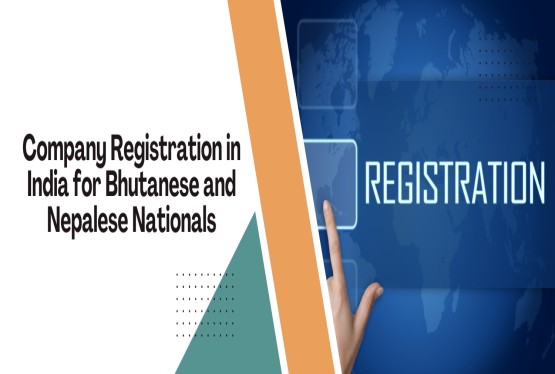
_learn_crop10_thumb.jpg)











